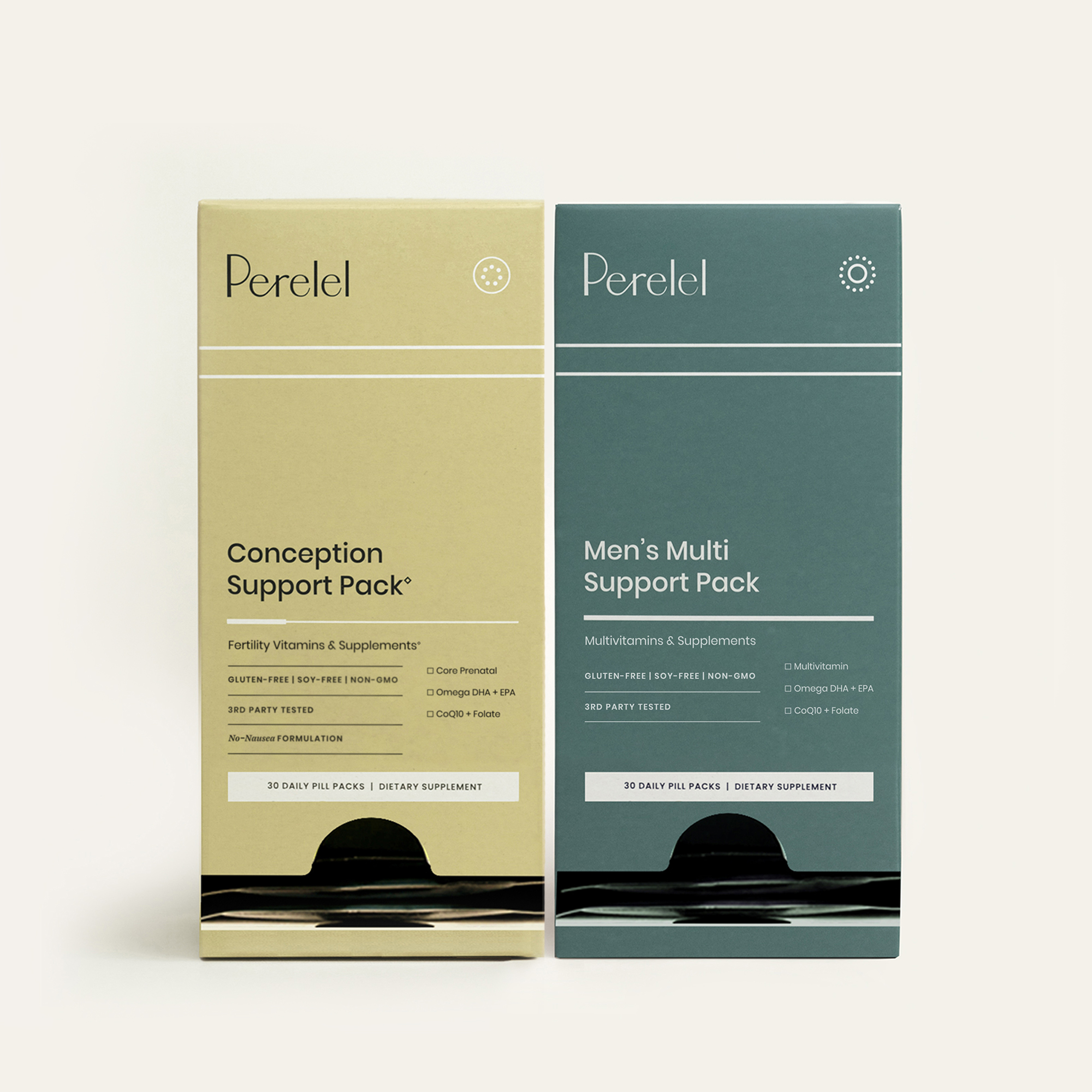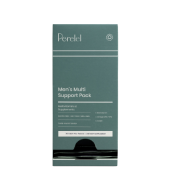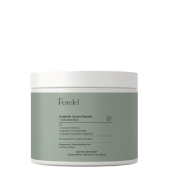We know you’ve been told that prenatal vitamins are a must during your pregnancy but do you really know why? If not, we’ve got you covered. We believe that having all the information is a vital part of informing yourself when it comes to vitamins, and every choice you will make throughout your pregnancy.
So let’s take a deep dive. Here are 10 proven benefits of prenatal vitamins.
1. Prenatal vitamins optimize your nutrient intake.
It has never been more important to get all the key nutrients you—and baby need—than during pregnancy. Whether your diet is a beautiful bounty of fruits and vegetables or you can only stomach bland carbs (hello, first trimester), a prenatal vitamin can pick up the slack when your plate leaves nutrients to be desired.
Pregnancy also introduces some new nutrition requirements that can be hard to hit with just your diet alone. One you might not be familiar with is choline, an essential nutrient that is critical for brain development, neural tube formation, and cellular growth and metabolism. Deficits in early life can have a long term impact on brain function. Ninety to 95 percent of pregnant women do not meet adequate intakes for choline. Rich sources of choline include eggs, beef, fish, poultry, dairy, soybeans, wheat germ, shiitake mushrooms, kidney beans, and red potatoes.1 Armed with this knowledge, we made sure choline requirements are met with our 1st Trimester Prenatal Pack.
2. Prenatal vitamins are formulated specifically to support a woman’s nutritional needs during pregnancy.
You may think, vitamins are vitamins, right? In reality, our needs shift dramatically during pregnancy—and even preconception—which is why your normal women’s multivitamin will not cut it in this phase of life. Not to mention, your nutritional needs change in each stage of pregnancy, from preconception,1st, 2nd and 3rd trimester, postpartum and beyond into motherhood. Opt for a vitamin with targeted nutrients for your exact stage of motherhood, instead of your one-dimensional vitamin.
3. Folate helps prevent neural tube defects.
Folate is a naturally occurring essential nutrient which is involved in vital processes of fetal development. It’s so important that experts advise taking folate up to a year before you plan to conceive as doing so can reduce the risk of serious abnormalities of the fetal brain and spinal cord.
It’s important to note that folate and folic acid are not one in the same. Folic acid is synthetically produced which means it must be converted in the body. Up to 60 percent of women are unable to effectively convert folic acid which can lead to neural tube defects. That’s why at Perelel we use methylated folate which, unlike folic acid, is easily converted by the body for absorption. You can read more about all of our ingredients here.
4. Iron supports the development of the placenta and fetus.
Iron is the most common nutritional deficiency among pregnant women worldwide which makes it a critical ingredient of a good prenatal. During pregnancy your blood volume increases up to 40 to 50 percent (wild, right?) and an iron supplement helps your body make blood to supply oxygen to the baby. It also prevents anemia in pregnant mothers. Some women experience side effects with iron, which is why we use our Ferrochel™ ferrous chelated format to allow for optimal absorption and limited constipating side effects.
5. Omega-3 fatty acids promote brain development.
Omega-3 fatty acids promote brain development for your baby and also help to reduce inflammation and decrease rates of other pregnancy complications like preeclampsia and gestational diabetes. It’s important to get an Omega-3 with both DHA+EPA. That’s because throughout pregnancy, EPA plays an important role in helping DHA cross the placenta, meaning it’s the most absorbable format.
6. Calcium aids in bone development and vascular and muscle functions.
Calcium is crucial for fetal development of healthy bones and if your diet is lacking calcium during pregnancy, your body takes stores out of your own bones in order to provide enough for the baby. While this may seem like a cool sci-fi fact, it’s also a great reason to amp up your own calcium intake.
Shop the Article:
7. Vitamin A promotes vision development.
This fat-soluble vitamin helps maintain normal vision, fights infections, and supports your immune system. It is also important for fetal heart and central nervous system development2, placental development3 and fetal skeletal development.4
8. B vitamins support metabolism and healthy cell function.
B vitamins take care of a multitude of duties, including aiding in baby’s brain development, improving digestion, and even easing morning sickness, which is why it’s important to up your dose of vitamin B in the first trimester of pregnancy.
9. Vitamin C helps supports your immune system.
Pregnancy may tax your immune system, and Vitamin C is a smart way to boost your immunity preventatively. Vitamin C is also known to heal and repair skin tissue postpartum and some studies have shown that vitamin C may help prevent preeclampsia.5
10. Vitamin D aids in calcium absorption.
It’s estimated that up to half of the U.S. population is deficient in Vitamin D, including pregnant women.2 Vitamin D is especially important in pregnancy, as it aids in your body’s calcium absorption and helps your baby's bones, teeth, kidneys, heart and nervous system to develop.
What Time of Day Should I Take My Prenatal Vitamins?
Wondering when to take your vitamins? We recommend taking your vitamins with food in the morning, never on an empty stomach. If you're particularly sensitive to the smell or taste of your vitamins—looking at you again, first trimester—try taking your vitamins before bed.
Here at Perelel our formulas are designed with clinically tested ingredients at research-backed doses and targeted to the specific needs of each unique stage of the motherhood journey: preconception, 1st, 2nd, and 3rd trimesters, postpartum, and beyond.
Sign up to receive doctor-backed, stage-specific content in your inbox each week.
theFolio in Your Inbox
Searching for the prenatal that checks every box? We’ve got you covered.
This article is for informational purposes only. It is not, nor is it intended to be, a substitute for professional medical advice, diagnosis, or treatment and we recommend that you always consult with your healthcare provider. To the extent that this article features the advice of physicians or medical practitioners, the views expressed are the views of the cited expert and do not necessarily represent the views of Perelel.
2 Miaija H Zile. Vitamin A and embryonic development: An overview. Feb 1, 1998
3 Margaret Clagett-Dame. Vitamin A in reproduction and development. Mar 29, 2011
5 Karla Walsh, WhattoExpect.com. How much vitamin C do you need during pregnancy? May 21, 2020





















